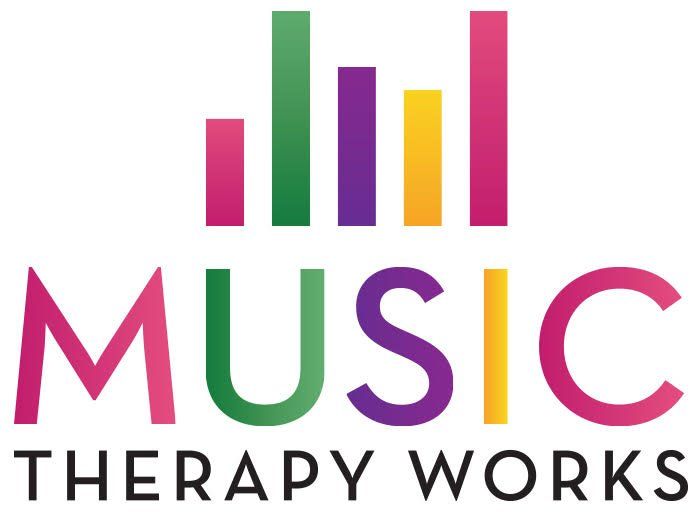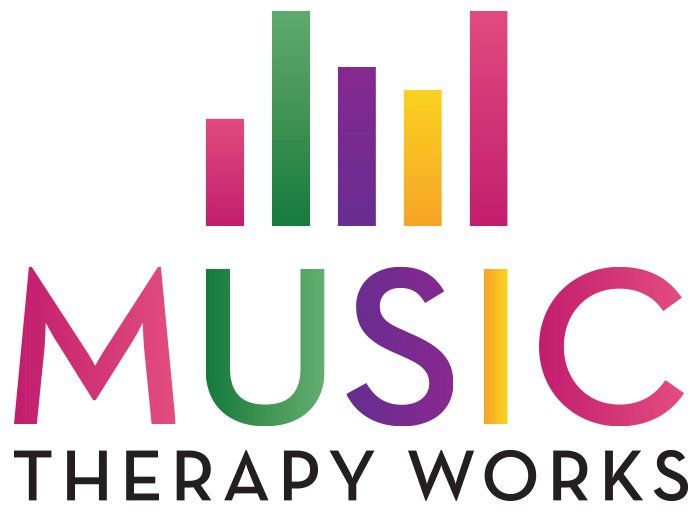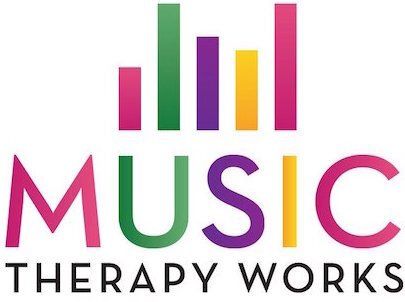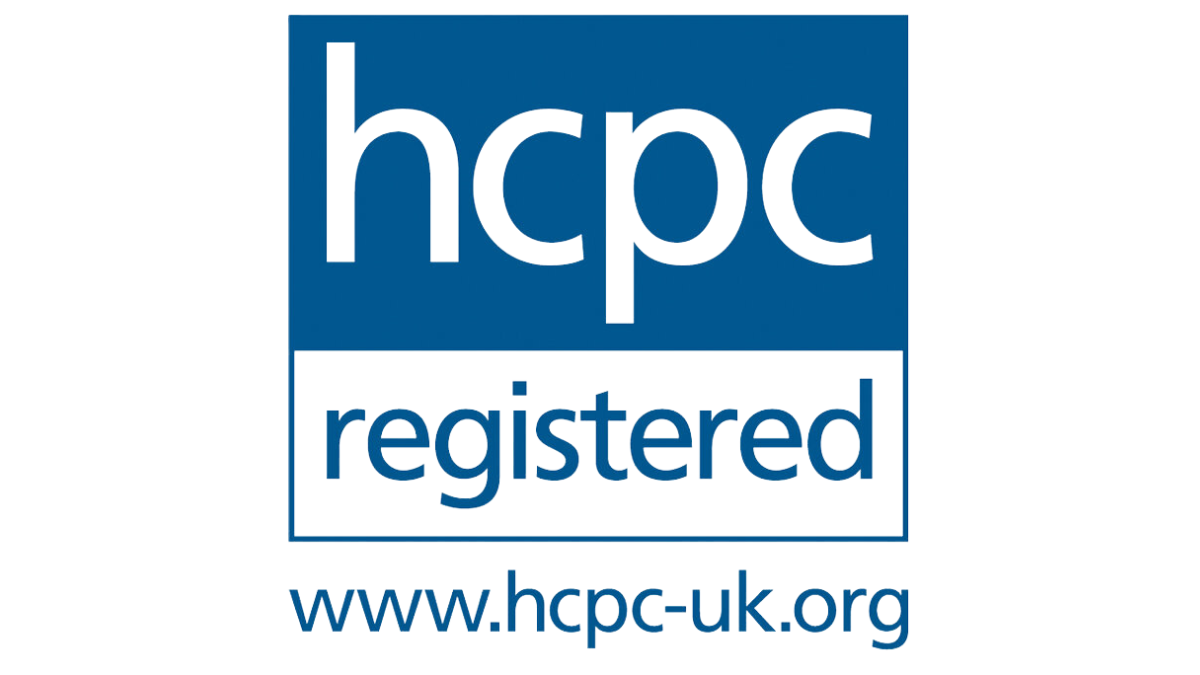Mental Health
Music therapy is a state-regulated clinical intervention which can help to support individuals experiencing or recovering from mental illness and emotional disorders including depression, anxiety, PTSD, eating disorders, self-harm, phobias, psychosis, schizophrenia, substance abuse and addictions. Even when acutely unwell, people are often able to express through music what may be difficult to put into words, making music therapy a valuable non-pharmological intervention to support care and healing. We deliver group and individual music therapy to adults in care and psychiatric settings, including forensic environments, and to young people in SEMH schools and inpatient settings.
Music Therapy can...
- enable people to explore difficult feelings and memories through a non-verbal medium
- offer a unique way of communicating and expressing feelings, improving self-esteem, self-validation and confidence
- incorporate talking, art-making, writing and listening to music according to the client’s mood and therapeutic aims
- allow people to relate safely to others through improvisation and to experience a positive, non-judgemental environment, alleviating feelings of isolation, vulnerability or despair
- empower people to make creative choices and collaborate by sharing rhythm, pulse and musical structure.




